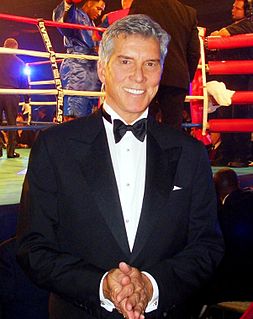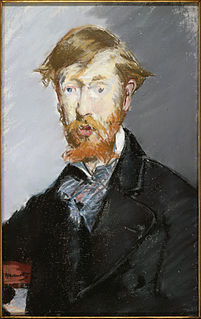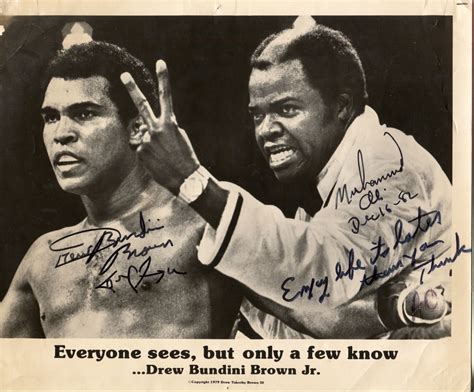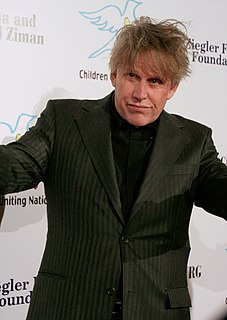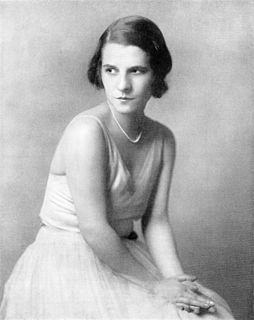A Quote by Michael Chabon
[Comics] were viewed as the literary equivalent of bubblegum cards, meant to be poked into the spokes of a young mind where they would produce a satisfying but entirely bogus rumble of pleasure.
Related Quotes
Some men spend their lives watching bees and ants, noting down the habits of these insects; my pleasure is to watch the human mind, noting how unselfish instincts rise to the surface and sink back again, making way for selfish instincts, each equally necessary, for the world would perish were it to become entirely selfish or entirely unselfish.
In my profession more generally, it's not an exaggeration to say that masculinity is viewed as the root of all evil. If you were to take a literary theory course, you might think it would be about literature, but it's really not. It's about all the various forms of oppression on earth and how we can see them playing out in literary works. And behind all these forms of oppression is a guy.
It remains a mystery to me why some of that [pulp] fiction should be judged inferior to the rafts and rafts of bad social [literary] fiction which continues to be treated by literary editors as if it were somehow superior, or at least worthier of our attention. The careerist literary imperialism of the Bloomsbury years did a lot to produce fiction's present unseemly polarities.
When you are on the set, you have different departments - you got camera, sound, props, hair, makeup, catering, executives. Imagine each one of those are spokes on the wagon wheel. All the spokes come into a hub: the hub is the director. The wood the spokes go into are distribution and promotion; the steel wheel around the hub is the film. None of these have anything in common with each other.
Never forget that when we are dealing with any pleasure in its healthy and normal and satisfying form, we are, in a sense, on the Enemy’s (God’s) ground…He [God] made the pleasure: all our research so far has not enabled us to produce one. All we can do is to encourage the humans to take the pleasures which our Enemy [God] has produced, at at times, or in ways, or in degrees, which He [God] has forbidden.
So time passes, and a much more political rather than literary reasoning intervenes, and from the day that [Albert] Camus wrote The Rebel, in 1955, there comes the rupture, and all, nearly all of the left wing intellectuals become hostile to him. Since he was already unfavourably viewed by the right-wing, he found himself entirely alone.


